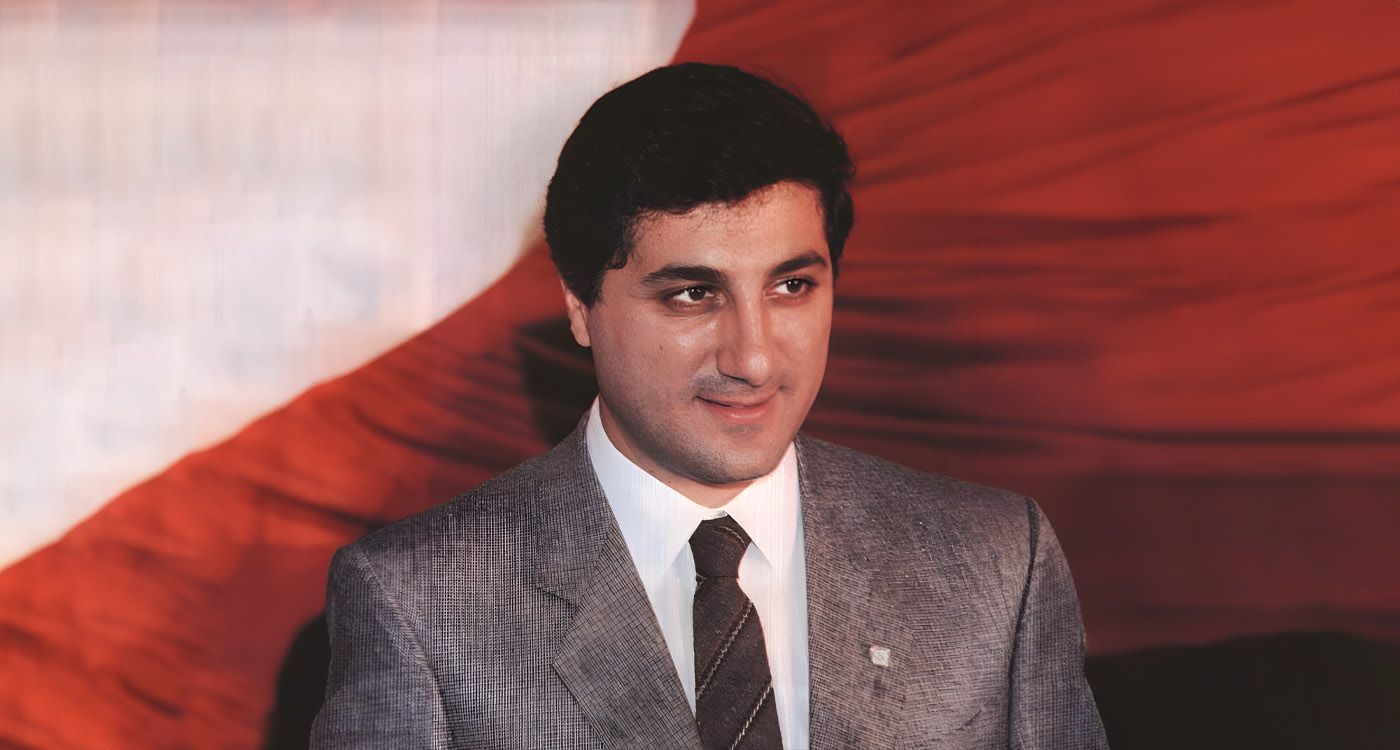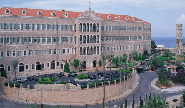
In just a few hours, Lebanon will mark the 43rd anniversary of the assassination of President Bachir Gemayel—an event that altered the course of the Lebanese Civil War, establishing a new center of gravity within the conflict.
Bachir’s election embodied the balance of regional and international power in Lebanon, from the dynamics of the global Cold War to Israeli influence, Syrian dominance, and broader interventions shaping a war that had already dragged on for years. For Lebanon’s Christians in particular, it was also the assertion of a refusal to submit, after having reluctantly accepted Syrian intervention in the war against the Palestine Liberation Organization; only to watch Hafez al-Assad later reposition himself as a power broker on Lebanese soil, in reaction to the Camp David Accords.
But what makes this year’s commemoration especially significant is the convergence of two major developments, both profoundly reshaping Lebanon’s internal reality.
First, the party responsible for Bachir’s killing—the Syrian regime—has collapsed irreversibly and is now consigned to history as a pariah. Some even speculate its leaders may one day be handed over to the new Syrian authorities to face execution in Damascus’ Umayyad Square.
The second reality is a broader regional reckoning with the past. Across Lebanon, and increasingly in the Arab world, there is recognition that Bachir’s actions in the 1970s and 1980s were, at their core, a struggle for survival. At the time, Israel’s armored presence loomed constantly, while accusations of collaboration were indiscriminately leveled at Christians as a whole because of their dealings with Israel.
Today, most of the Arab world is entering an era of normalization with Israel through the Abraham Accords. Druze communities are reflecting on how Christians once turned to Israel for survival when left with no other choice—a reality echoing the current plight of Suwayda—and Lebanon’s Shia are realizing that existential threats can justify even extreme measures. Hence, Bachir’s legacy is being reassessed in a new light. His reputation and historical standing have reached an unprecedented level of vindication.
Bachir can no longer be dismissed as a controversial figure buried in a difficult past. He is now increasingly remembered as both a militia leader who defended his community against forced displacement, refusing to let Christians in the region be reduced to second-class citizens, and as a firm Lebanese president who rejected the prospect of a unilateral peace agreement with Israel unless it included his Muslim compatriots.
Forty-three years later, Bachir Gemayel has finally achieved the historical acquittal he long sought, cementing his place as a singular, unmatched leader, no matter how bitterly his detractors may protest.



Comments